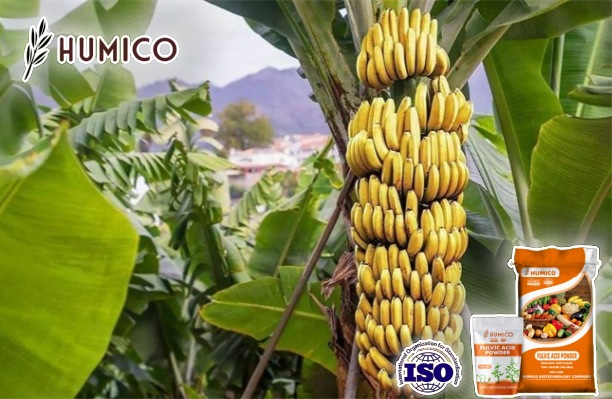Introduction
The health and yield of plants are largely dependent on nutrient absorption, a process that is often overlooked. Fulvic acid, a potent organic fertilizer, has recently gained attention for its remarkable ability to improve this essential function in plants. This article aims to explore how fulvic acid works, its benefits in the garden, and its comparative advantages over humic acid.
What Is Fulvic Acid?
Fulvic acid is an organic material created during the decomposition of plant and animal matter. Rich in numerous essential nutrients, trace minerals, and organic acids, fulvic acid is a powerful supplement for soil and plant health. Many high-quality fulvic acids are also sourced organically, offering eco-friendly benefits.
How Does Fulvic Acid Work in Plants?
Fulvic acid operates at the cellular level, enhancing the permeability of plant membranes, which leads to increased nutrient uptake. It also improves soil structure, making it easier for roots to absorb water and nutrients. Research has shown that plants treated with high-quality fulvic acid are generally healthier and more resilient to environmental stress.
Mechanisms
- Root Enhancement: Improves the root system, encouraging better nutrient and water uptake.
- Nutrient Transportation: Facilitates the movement of nutrients from the soil into plant cells.
- Cellular Activity: Increases cellular respiration and energy production.

Benefits of Fulvic Acid in the Garden
The garden is a complex ecosystem, and fulvic acid can help balance its many components. Here are some of the benefits:
- Improved Soil Structure: Enhanced soil aeration and water retention capabilities.
- Enhanced Water Retention: Reduced water loss through evaporation.
- More Effective Nutrient Absorption: Fulvic acid acts as a chelating agent, binding to minerals and making them more available to plants.
- Improved Plant Health: Boosts plant immune systems, making them more resistant to diseases.
Humic and Fulvic Acid: A Comparative Analysis
Both humic and fulvic acid are organic acids beneficial for soil and plant health. While humic acid improves soil structure and water retention, fulvic acid plays a more direct role in nutrient absorption and transportation.
Is Fulvic Acid Better Than Humic Acid for Plants?
While both acids offer unique benefits, fulvic acid is smaller in molecular size, making it easier for plants to absorb. Therefore, it is often considered more efficient in directly improving plant health and yield.
Different Forms of Fulvic Acid
Whether you prefer fulvic acid powder, liquid fulvic acid fertilizer, or fulvic mineral powder, the market has several options to choose from. Each form has its own application methods and concentrations, so choose what’s best for your plants and gardening style.
How to Use Fulvic Acid
For most types of plants, fulvic acid should be applied in small doses—usually around 5-10% of the fertilizer amount—every two to three weeks. Always follow the manufacturer’s guidelines, especially if you are using specific products like the best fulvic acid for plants or organic fulvic acid powder.
FAQs
- Is fulvic acid safe for all plants?: Generally, yes. However, always start with a small dose to see how your plants react.
- Can fulvic acid replace other fertilizers?: No, fulvic acid is a supplement and should be used in conjunction with a balanced fertilization program.
Conclusion
The benefits of fulvic acid in improving nutrient absorption in plants are substantial. If you are keen on improving your gardening or agricultural endeavors, consider incorporating this potent organic acid into your regimen. Organic fulvic acid powder and other forms of this supplement can play a pivotal role in enhancing plant health and yield.



